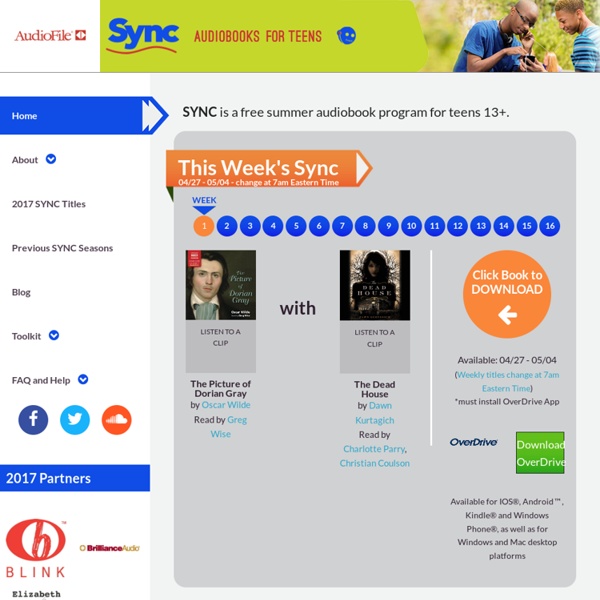



Free Technology for Teachers Parents, Children, Libraries, and Reading Released: May 1, 2013 By Carolyn Miller, Kathryn Zickuhr, Lee Rainie and Kristen Purcell The vast majority of parents of minor children — children younger than 18 — feel libraries are very important for their children. That attachment carries over into parents’ own higher-than-average use of a wide range of library services. The ties between parents and libraries start with the importance parents attach to the role of reading in their children’s lives. The importance parents assign to reading and access to knowledge shapes their enthusiasm for libraries and their programs: 94% of parents say libraries are important for their children and 79% describe libraries as “very important.” Almost every parent (97%) says it is important for libraries to offer programs and classes for children and teens. Library visits by children Some 70% of parents report their child visited a public library in the past 12 months and 55% say their child has his/her own library card. About this Research Prev Next
Autism Software & Support | Universal Design for Learning | VizZle Great Public Schools How To Start Integrating Coding Into Project Based Learning - from Kate Wilson - EdTechTeacher This post first appeared on Edudemic. True Project Based Learning (PBL) challenges students to acquire deeper knowledge of a concept by establishing connections outside their classroom. According to the research on PBL, the main tenets are to create real world connections, develop critical thinking skills, foster structured collaboration, motivate student driven work, and enable a multifaceted approach. Similarly, coding applies all of these core tenets as programs require logical thinking, team work, a variety of tools, and – most importantly – perseverance on the part of the student. Coding Application: Find a solution to a problem by creating an App or Website Douglas Kiang (@dkiang), AP Computer Science teacher at Punahou School, used PBL in his classroom to encourage his students to connect with their community. Coding application: Coding requires a series of logical steps To accomplish this, Douglas ran his course like a startup company, and helpd his classes as meetings. Related
Why Waldorf Works - Home NOVA Can Wind Turbines Make You Sick? Residents living in the shadows of wind turbines say the sound is making them sick. But so far the science isn't there. From NOVA Next | Jun 27, 2018 Thirty Years Ago Today, Global Warming First Made Headline News On June 23, a NASA climate scientist, James Hansen, told a U.S. From NOVA Next | Jun 23, 2018 New Middle Eastern Particle Accelerator’s Motto is “Science for Peace” In a region in turmoil, an unprecedented joint venture of scientists and policymakers is working together on Jordan’s new particle accelerator under the motto "science for peace." From NOVA Next | Jun 21, 2018 Psychological Damage Inflicted By Parent-Child Separation is Deep, Long-Lasting Here's what happens in the brain and the body when a child is forcibly separated from his or her parents.
ALL Reading Curriculum - ALL Literacy Curriculum The Accessible Literacy Learning (ALL) Reading Program is an evidence-based reading instruction program that has been proven highly effective in teaching students with disabilities to read. Developed by Drs. Janice Light and David McNaughton of Penn State, ALL eliminates the need for oral responses, helping even non-verbal students learn to read. To learn more about ALL and the skills it addresses, please click here! Product Information Sheet “Finally! Pat Mirenda, Ph.D., Professor, Department of Educational and Counseling Psychology and Special Education, The University of British Columbia The ALL Reading Program is for any student with language or physical impairments who is having difficulty learning to read. Language delays Developmental delays Autism Cerebral Palsy Down syndrome Physical impairments Speech impairments Multiple disabilities Evidence-based reading instruction The ALL Reading Program was developed by Drs. “Finally! Pat Mirenda, Ph.D. June Downing, Ph.D. Research Materials